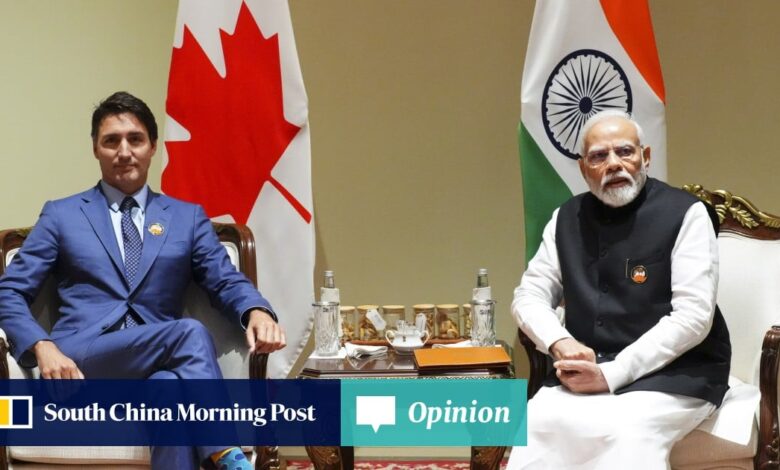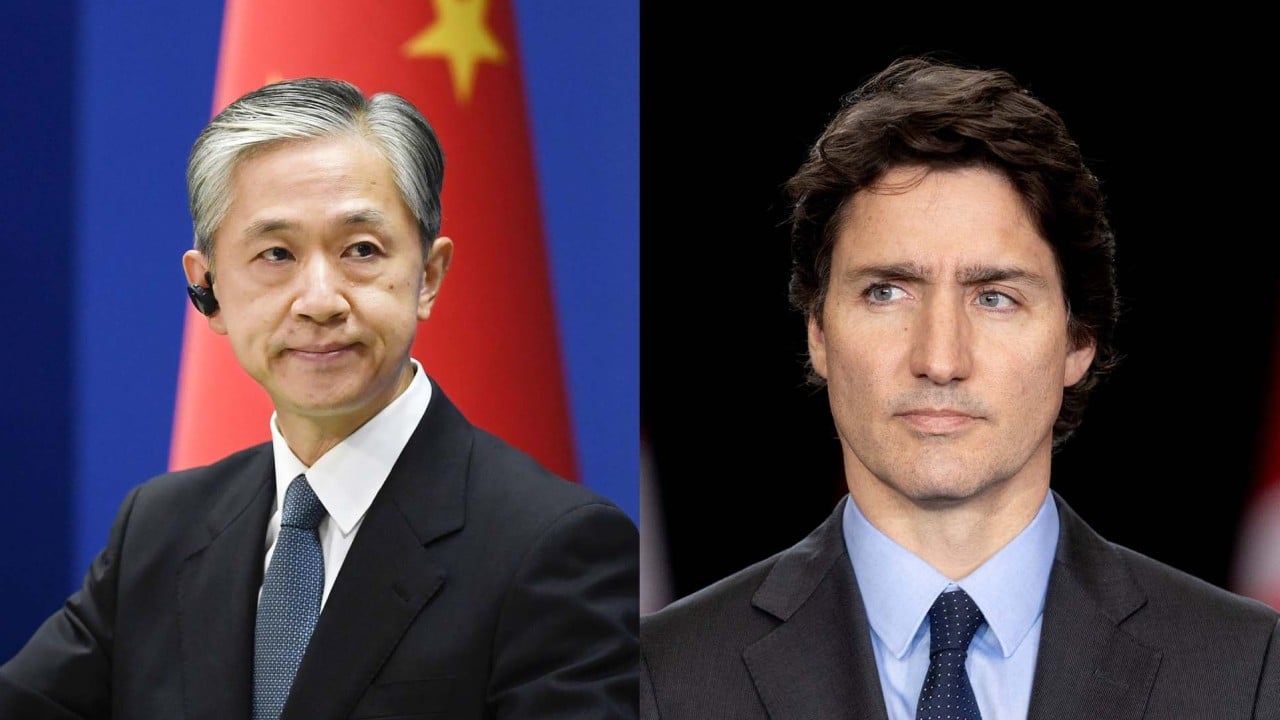Opinion: Is Canadian paranoia hurting relations with China and India?

Allegations of foreign interference in Canada’s internal affairs have roiled the country for nearly a year now. Late last year, the Canadian media reported intelligence allegations of Chinese attempts to influence recent federal elections. Then, early this year, related intelligence reports were leaked to the media, reigniting the accusations.
Furthermore, when allegations were made in the Canadian media about Chinese election interference, the Chinese reaction was given virtually no coverage, but it should have drawn more attention.
On its website in March, the Chinese embassy in Ottawa mentioned Canada’s own interference in China’s domestic affairs and went as far as to say: “It must be pointed out that only those well-versed in spying can fabricate the outrageous lies as reported in the media.”
We have known for some time that Western countries are actively looking at how to undermine regimes they deem hostile. Scenarios are openly examined by Western think tanks, like Rand Corporation has done with regard to Russia.
In a little-noted book published in late 2021 by an American university press, a former British diplomat even advocated action to assist those within China who seek radical change. To what extent this former officer was vocalising plans already drafted is unknown.
Reacting to the allegations of interference, the Chinese embassy specifically said in March that Canada was one of the Western countries involved in “condoning and supporting anti-China separatist activities, and undermining China’s security and stability overtly and covertly”.
It is not clear whether the Trudeau government is fully in control of its national security (intelligence and defence) apparatus or whether it has given it ample latitude to carry out operations. The Canadian media reported early this year that the Canadian military was involved in a secret programme seeking to identify and target critics.
Across the political spectrum, Beijing has already lost Canada
Across the political spectrum, Beijing has already lost Canada
These incidents are starting to look like a disturbing pattern that could raise suspicions that Canada is involved in something more nefarious than its image abroad would suggest. Wouldn’t these actions constitute foreign interference in China’s affairs?
No trace of the readout from that meeting can be found on the prime minister’s website. My request for a copy of the readout has gone unanswered. One can’t help but get the impression the Trudeau government is playing a two-faced game, which could lead to mistrust in Canada’s relations with countries like China and India.
The worsening diplomatic climate between Ottawa and Beijing is already affecting some members of the Chinese-Canadian community, as well as organisations that assist Chinese arrivals in integrating themselves into their new home.
Following the allegations of Chinese interference in Canadian elections, members of provincial assemblies as well as the federal parliament are now under suspicion of being disloyal to Canada; a recently elected mayor is suspected of having won with Chinese support. A group that helps Chinese immigrants set up in Montreal has had its funding cut. No convincing evidence has been provided that the aims outlined in the leaked intelligence reports were achieved.
Currently, the Trudeau government appears indecisive and a hostage to hardliners within the national security bureaucracy who are pushing for the containment of regimes it opposes, including China’s. A sound and balanced Canadian foreign policy cannot survive in these circumstances.
Richard Desjardins retired in 2020 after a 29-year career as a Canadian public servant. He obtained a BA (1983) and MA in political science (1991) and studied Chinese in Taiwan (1985-1988)






